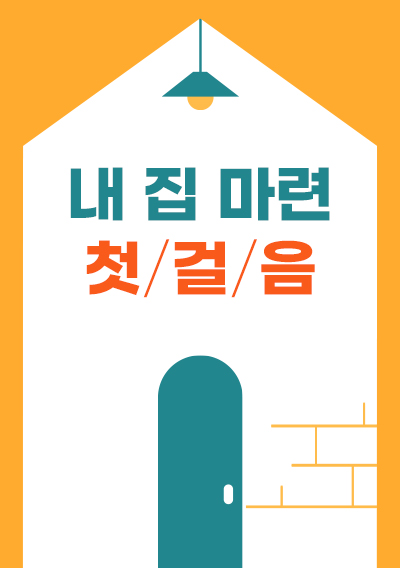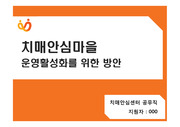소개글
언어가 사람의 identity에 어떠한 영향을 주고어떤 관계가 있는지에 관한 에세이 입니다
목차
없음본문내용
In what ways are language and identity connected? With examples, discuss any four linguistic features that may indicate a person’s ethnic, social class, age and gender identities.When we think about our identity we often think about the way we look. Such features as hair color, eye color, skin tone, height and weight come to mind. Whilst these features are part of our identity, there are many more complex factors that make us who we are.
ical and grammatical choices that are characteristically made by men and women’. He has found that these differences are even reflected in the ways that children use language while they play. Boys often use commands when they talk to each other. For example, when a boy is captain he might say, “You go first, don’t wait for me.” As the leader of the other boys, he tells them exactly what to do. Many boys like to get attention by boasting, or talking about how well they can do things. The games that they play often have complicated rules, and each boy tries hard to win. But when a girl wants to influence her friends, she uses different forms
Unlike the high social class people, the lower class peoplehigeko Okamoto (1955)’s article was cited in Introducing Sociolinguistics (2000) ‘Japanese women’s language is a construct based largely on the speech style of traditional women in the middle and upper- middle classes in Tokyo, corresponding to the ; ideal feminine’ variety in Yamanote kotoba. One study of Holmes J. (1992) is social direct interviews in Norwich showing using vernacular [in] form depending on the social groups. He says that ‘ the lowest and the highest social groups the women’s speech is closer to that of the men in the same group than to that of women in other groups… this may indicate they identify more strongly with women from the next social group than with men from their own social group’.
Marian Hyun and Amy Wu are both Asian-Americans having trouble dealing with their parent’s culture. Even if they are facing the same conditions, they show apparent differences in their attitude toward their parent’s culture and their cultural identity. They have different attitudes toward




























